This week we had this enviable record of two academic papers on health topics being rejected the day after submission. The first paper was submitted on Monday to Issues in Mental Health Nursing. Our paper reported the Content Analysis of a review of the nursing curricula on mental health and maternity care issues in Nepal. The journal editor emailed us the next day to inform us that the topic was interesting, but not relevant enough to the journal’s readers.
The second paper submitted by a different configuration of staff was submitted last Friday to the Journal of Youth & Adolescence. The second paper reported a qualitative study on students views on abortion in the south of England. This journal’s rapid reply came the next day (yesterday) stating that:
Unfortunately, the editors have completed an internal review of your study and have deemed your manuscript inappropriate for our journal. Although your manuscript has important strengths, the journal has moved away from supporting qualitative work (unless it would be part of a journal special issue). Please rest assured that our decision has nothing to do with the quality of your study or findings.
On both occasion we had discussed potential journals and we thought we had targeted appropriate journals for the respective manuscripts. Moreover, in both manuscripts we managed to cite at least one paper published in the journal to which we had submitted it. The general message to my colleagues is that it does not matter how many papers you have written and submitted, you will: (1) occasionally opt for the wrong journal; (2) continue to face regular rejection by journal editors; and (3) have an opportunity to submit to another journal.
Prof. Edwin van Teijlingen
Centre for Midwifery, Maternal & Perinatal Health
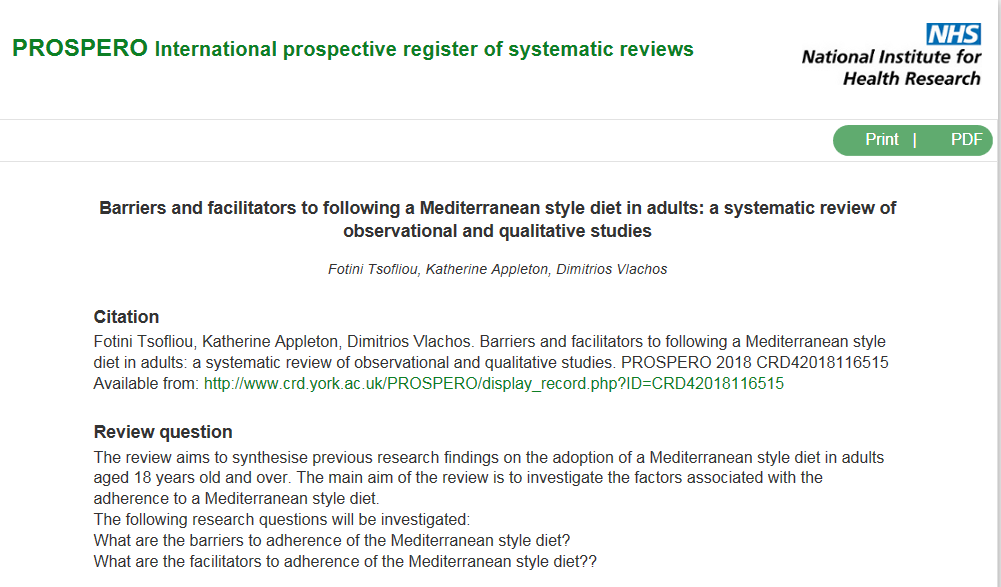
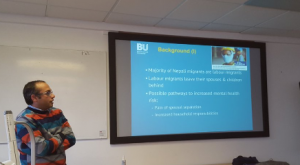


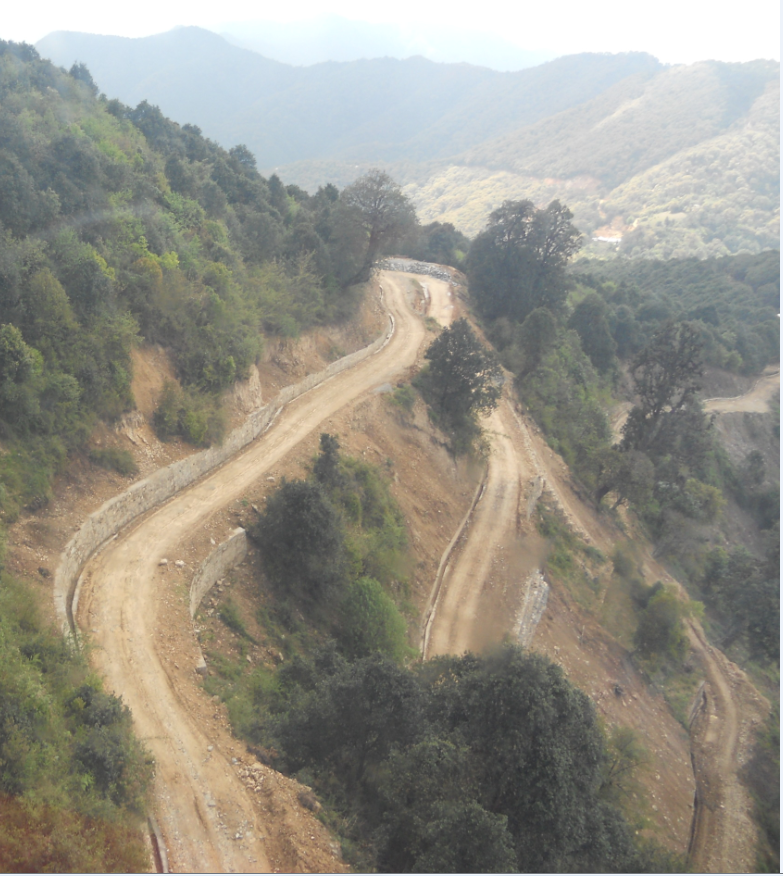
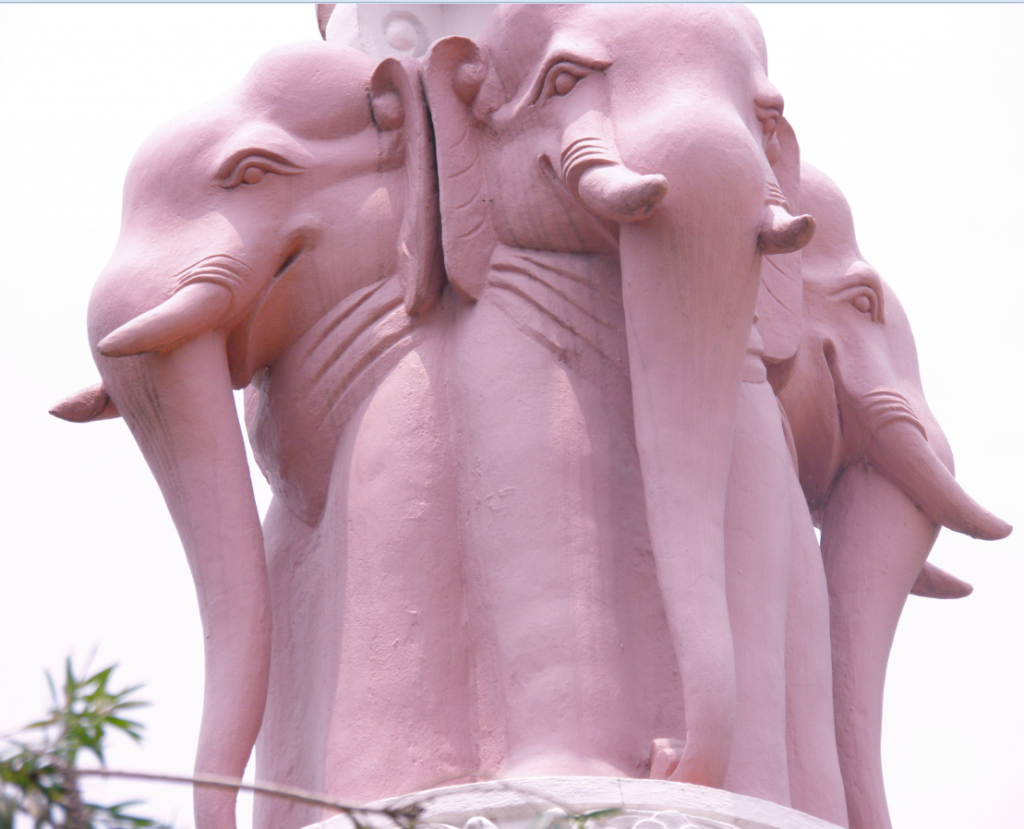

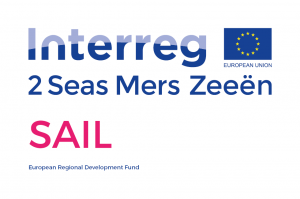 oject is in 4 phases: Explore, Design and Develop, Test and Evaluate. October 2018 will see the SAIL project move into the third phase: Test. The visit to Hunstanton provided an opportunity to see at first hand the challenges which face the area in terms of supporting an aging population now and in the future. The Mayor of Hunstanton hosted an evening reception in the Town Hall to welcome the SAIL Research Team and to learn more about the progress which is being made.
oject is in 4 phases: Explore, Design and Develop, Test and Evaluate. October 2018 will see the SAIL project move into the third phase: Test. The visit to Hunstanton provided an opportunity to see at first hand the challenges which face the area in terms of supporting an aging population now and in the future. The Mayor of Hunstanton hosted an evening reception in the Town Hall to welcome the SAIL Research Team and to learn more about the progress which is being made.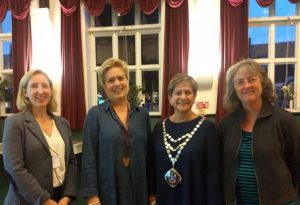
 The
The 










 SPROUT: From Sustainable Research to Sustainable Research Lives
SPROUT: From Sustainable Research to Sustainable Research Lives BRIAN upgrade and new look
BRIAN upgrade and new look Seeing the fruits of your labour in Bangladesh
Seeing the fruits of your labour in Bangladesh Exploring Embodied Research: Body Map Storytelling Workshop & Research Seminar
Exploring Embodied Research: Body Map Storytelling Workshop & Research Seminar Marking a Milestone: The Swash Channel Wreck Book Launch
Marking a Milestone: The Swash Channel Wreck Book Launch ECR Funding Open Call: Research Culture & Community Grant – Application Deadline Friday 12 December
ECR Funding Open Call: Research Culture & Community Grant – Application Deadline Friday 12 December MSCA Postdoctoral Fellowships 2025 Call
MSCA Postdoctoral Fellowships 2025 Call ERC Advanced Grant 2025 Webinar
ERC Advanced Grant 2025 Webinar Update on UKRO services
Update on UKRO services European research project exploring use of ‘virtual twins’ to better manage metabolic associated fatty liver disease
European research project exploring use of ‘virtual twins’ to better manage metabolic associated fatty liver disease